A major B.C. mass timber manufacturer is expanding south, setting up a $120 million plant in Arkansas to capitalize on the growing market for mass timber construction in the southern U.S.
Structurlam Mass Timber Corporation, of Penticton, B.C., will open the doors of its 288,000 square foot plant in July 2021 to produce cross-laminated timber panels and glue-laminated beams and columns.
“On a monthly basis we will be able to produce two 200,000 square foot office buildings,” Hardy Wentzel, CEO of Structurlam, says. “That’s out the door, fabricated, ready to assemble and on a truck moving down the road.”
The facility will be housed in a former steel fastener plant in Conway, about 50 kilometres from Little Rock, Arkansas’s capital. To employ 130 people, the retrofitted plant will be equipped with state-of-the-art manufacturing equipment from Europe.
Wentzel says Structurlam will source softwood lumber from Arkansas-grown Southern Pine trees. “It has an exceptional wood basket…and it has a lot of sawmills to convert the timber to lumber needed to make Glulam and CrossLam.”
He says Structurlam’s contract award to supply mass timber for Walmart’s new Home Office campus for 15,000 staff in Bentonville, Ark., “gave my company comfort to anchor our investments in Conway.” The giant retailer plans to use 1.1 million cubic feet of Structurlam’s Arkansas-produced mass timber for the campus — “far and away the largest mass timber project in the world.”
The potential mass timber market in the southern U.S. is large, he says. Dallas is only six hours away and Texas is the largest construction market in the U.S., he says, adding that 70 million people live within an 800-kilometre radius of the plant.
“A key economic benefit of mass timber is the ability to design, model and prefabricate the structural elements of a project offsite, accelerating on-site production schedules by up to 25 per cent compared to traditional onsite building with steel and concrete,” Wentzel says.
Americans have a growing appetite for mass timber and as of 2021 the national code in the U.S. (the International Building Code) will allow 18-storey mass timber buildings, he says. Canada’s National Building Code has adopted 12-storey mass timber construction in the 2020 edition.
“We have an office in Austin, Texas, (and California) and are looking at expanding our sales footprint in places like Denver and Tennessee, Georgia and California.”
He calls the company’s expansion moves “a strategic bet” that the industry will take off in next few years, based on the enthusiasm for the new mass timber industry.
The economic projections over the next five years are for “modest, comfortable growth. We are anticipating that market adoption will be there…”
Wentzel says the Conway plant will “nicely complement” the company’s B.C. facilities, which will remain “the nerve centre” of Structurlam’s operations. Structurlam has three plants in B.C.’s Okanagan region and employs 300 people. It produces mass timber products for Western Canada and West Coast U.S. markets.
Structurlam was incorporated in 1962 as a custom glulam manufacturer for arches typically used in hockey arenas and churches. A decade ago Structurlam and Quebec-based Nordic started making cross-laminated timber, Wentzel says.


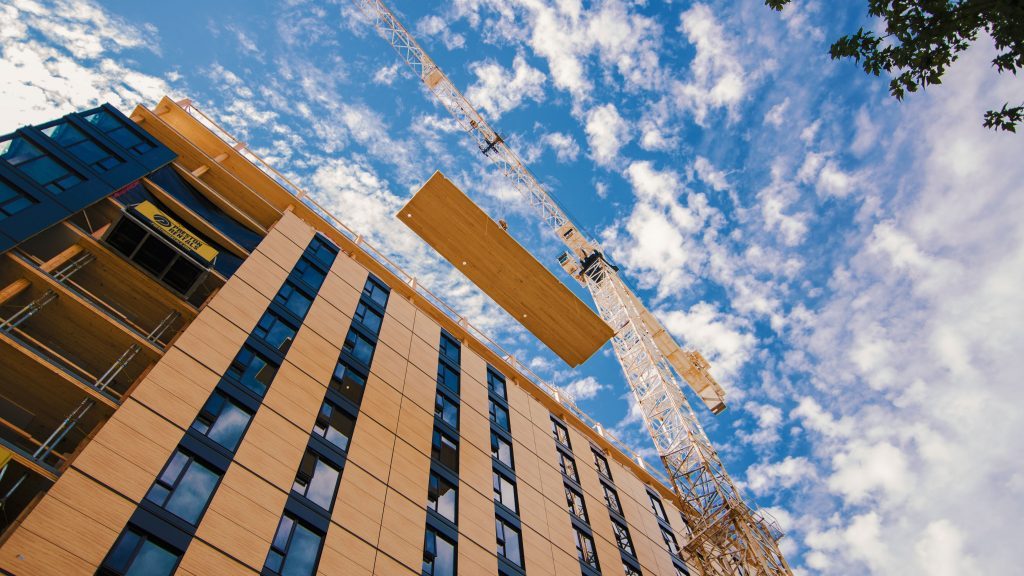
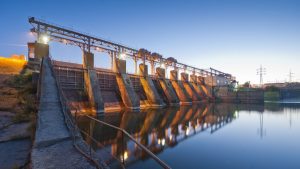



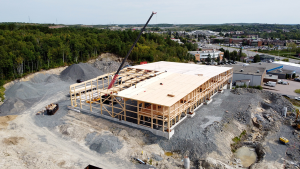
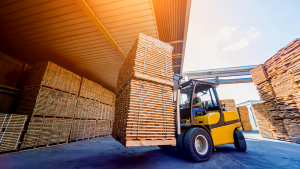
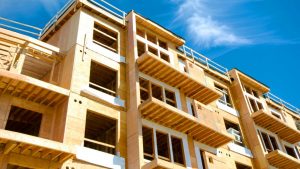
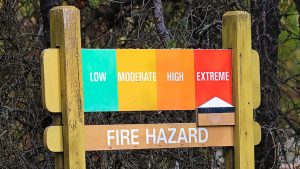
Recent Comments
comments for this post are closed